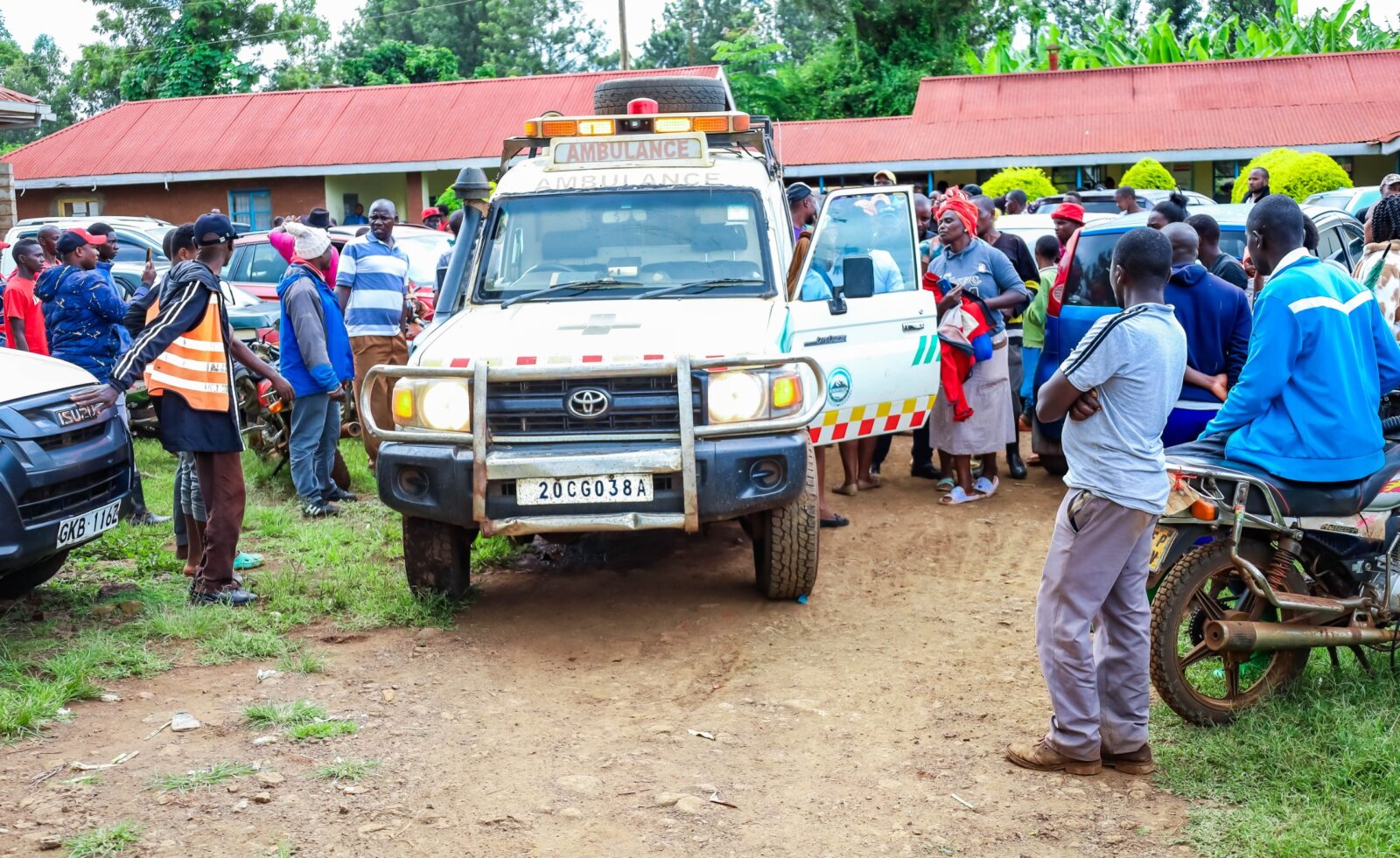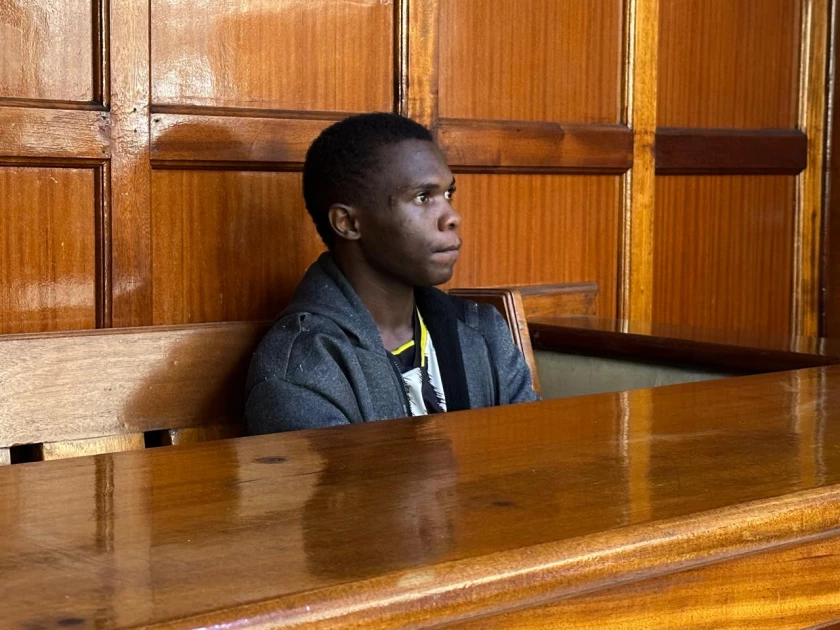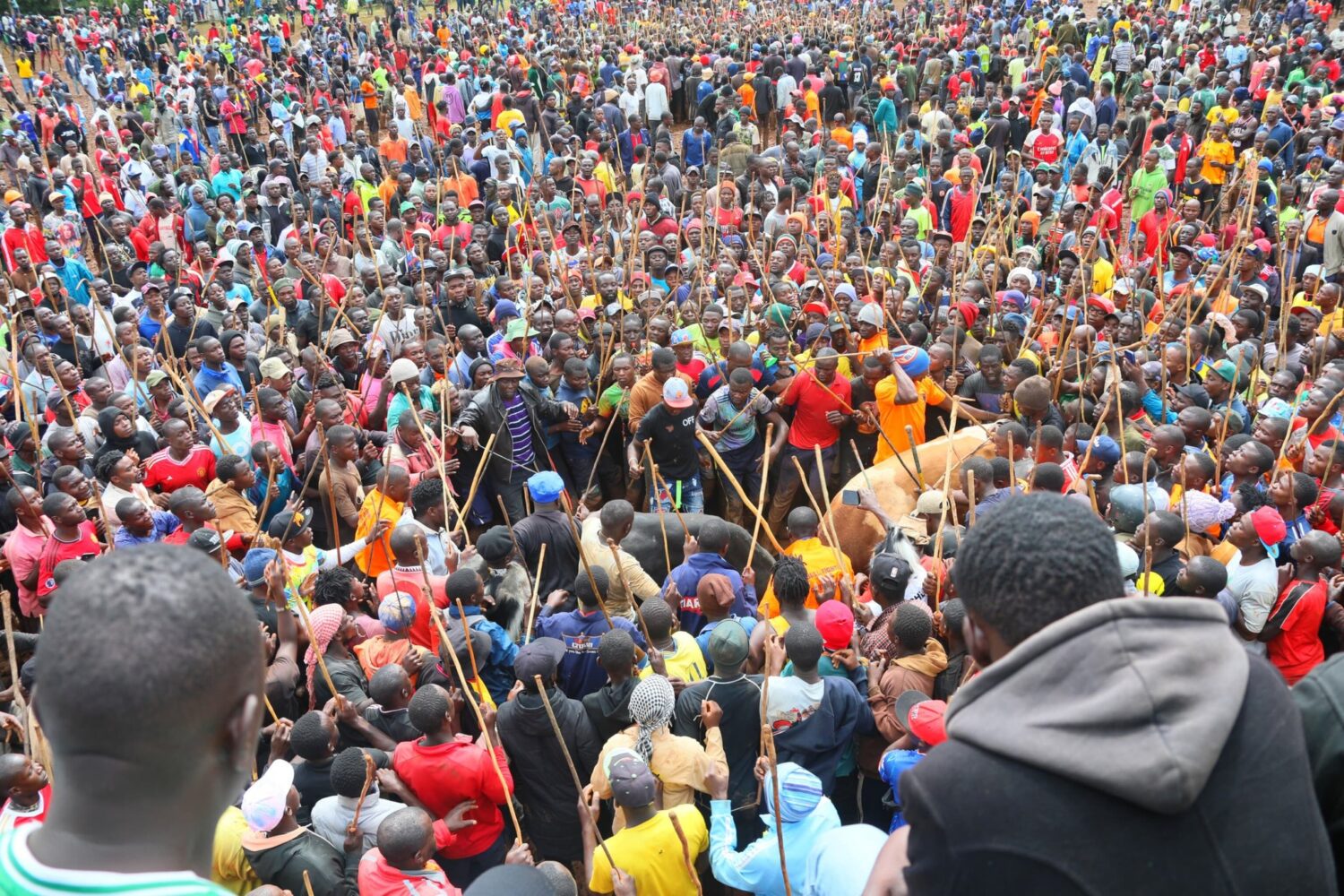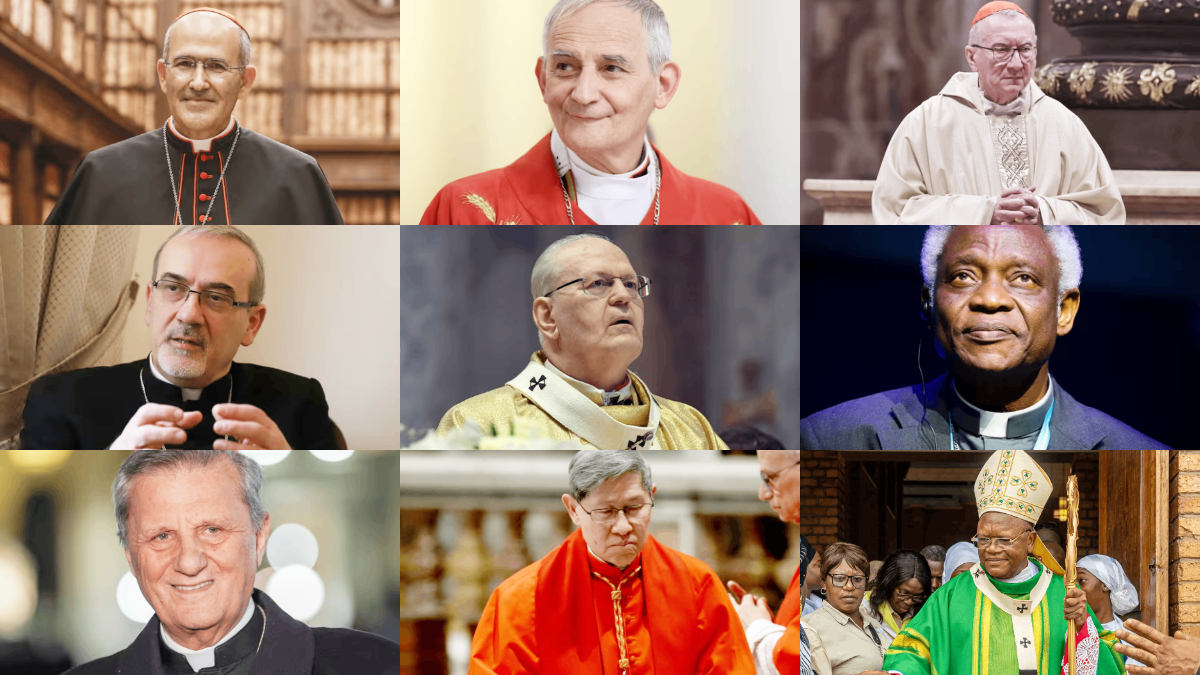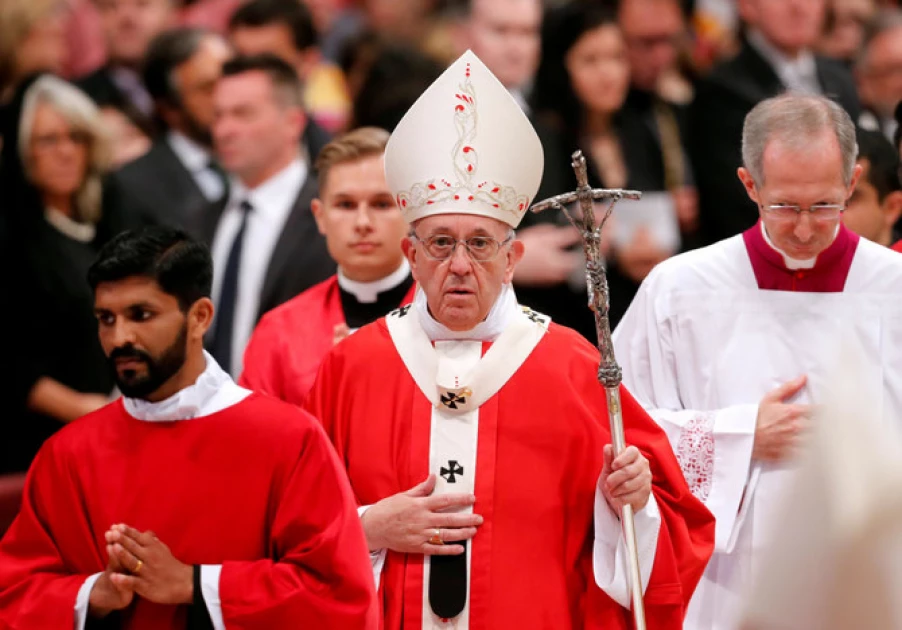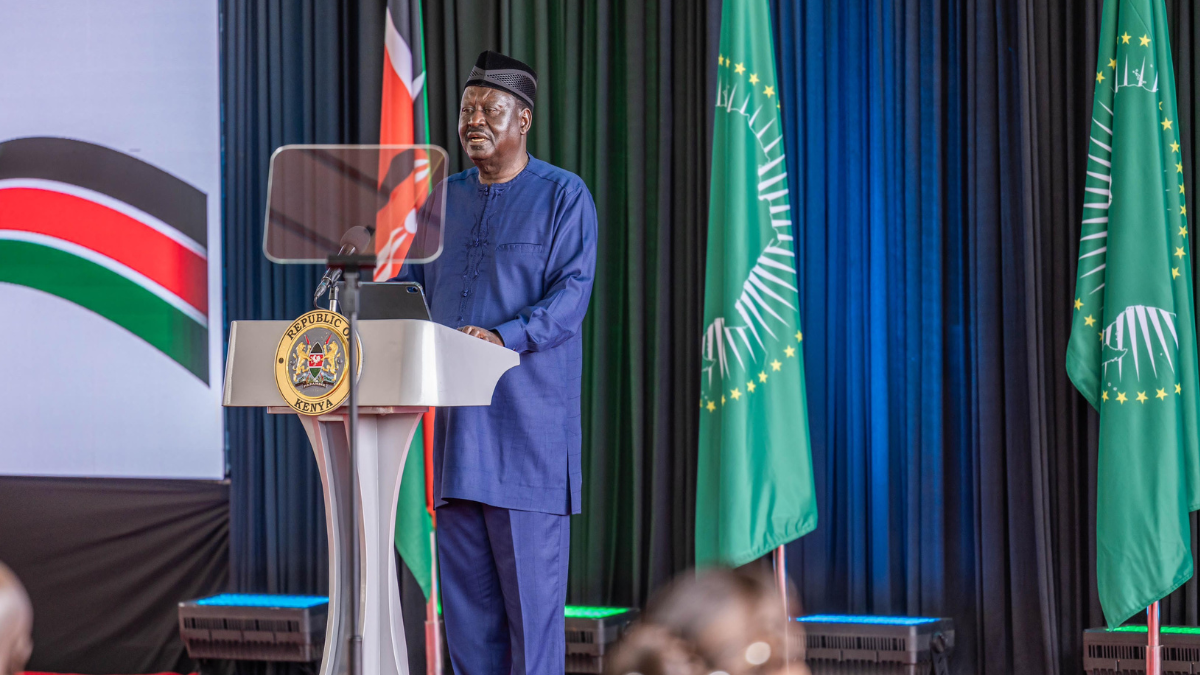
As the African Union Commission (AUC) elections approach, at least six countries will be notably absent from the voting process. These nations—Niger, Mali, Gabon, Guinea, Burkina Faso, and Sudan—are currently suspended from the AU due to unconstitutional changes in government.
AU Suspension Policy
The AU has a strict policy of suspending member states where governments are overthrown in unconstitutional ways, particularly through military coups. These suspensions, enforced by the AU Peace and Security Council, strip affected nations of their voting rights and participation in AU meetings until constitutional governance is restored.
The AU maintains that civilian-led governance is a non-negotiable principle and has repeatedly called for transitional governments to organize democratic elections before suspended nations can be readmitted.
Countries Under Suspension
- Niger – Suspended on August 22, 2023, after the presidential guard, led by General Abdourahamane Tchiani, overthrew President Mohamed Bazoum.
- Mali – Suspended since June 1, 2021, following a coup by Colonel Assimi Goïta.
- Gabon – Suspended on August 31, 2023, after a military coup removed President Ali Bongo.
- Guinea – Suspended on September 10, 2021, after the ousting of President Alpha Condé.
- Burkina Faso – Suspended on January 31, 2022, after a coup led by Ibrahim Traoré.
- Sudan – First suspended on June 6, 2019, after a military coup overthrew President Omar al-Bashir. Sudan remains in turmoil with continued military rule and ongoing conflict.
The Impact of These Suspensions
With these six nations sidelined, the total number of eligible voters in the AUC elections has dropped to 49, making the two-thirds majority threshold 33 votes instead of 37. This shift could influence the outcome, particularly in a closely contested race. Fewer voting countries mean that candidates must secure a broader consensus among participating states to secure victory.
The absence of these countries also raises broader concerns about governance instability in Africa. The AU’s ability to enforce democratic principles is being tested, as many of these suspended nations remain under prolonged military rule with no clear path to democratic transition.
Furthermore, the suspensions have implications beyond the AU elections. These countries face diplomatic isolation, economic sanctions, and reduced access to AU-led initiatives, including trade agreements and peacekeeping support.
The Road Ahead
The exclusion of these nations highlights the AU’s commitment to upholding democratic norms while also raising concerns about the effectiveness of suspensions in resolving governance crises. Critics argue that rather than restoring democracy, suspensions may deepen political impasses, making it harder for affected countries to transition back to civilian rule.
As Africa heads into a crucial election, the absence of these states underscores the broader challenge of political instability across the continent. The 2025 AUC elections will not only determine new leadership but also signal the AU’s stance on governance, democracy, and regional cooperation for the years ahead.


